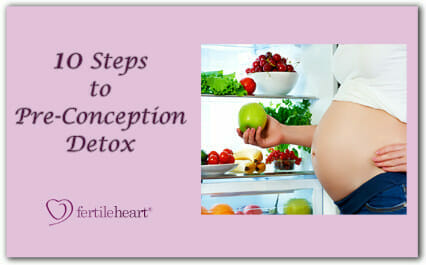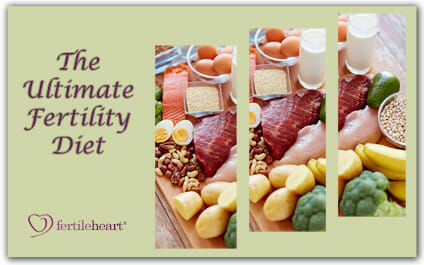Clean Food for Conception and Full Term Pregnancy: The Dirty Dozen and Clean Fifteen of 2024
Every single year, the Environmental Working Group analyzes the most recent USDA data and compiles the guiding Clean 15 and Dirty Dozen lists.
These list the types of fruits and vegetables that tend to be grown with the most and least pesticides, based on the latest available numbers.
When it comes to co-creating a most conception friendly space on every level minimizing exposure to pesticides is crucial, since they not only pose risks to fetal development and overall health, they make the overall functioning or all body’s systems a much more challenging task. , . Opting for organic varieties of these delicious antioxidant rich foods whenever possible can help reduce pesticide intake.
The Dirty Dozen:
- Strawberries
- Spinach
- Kale, collard, and mustard greens
- Grapes
- Peaches
- Pears
- Nectarines
- Apples
- Bell & Hot Peppers
- Cherries
- Blueberries
- Green Beans
The Dirty Dozen comprises fruits and vegetables that tend to have the highest pesticide residues when conventionally grown. For pregnant women, avoiding or minimizing exposure to these pesticides is crucial, as they may pose risks to fetal development and overall health. Opting for organic varieties of these produce items whenever possible can help reduce pesticide intake.
More than 50 pesticides were detected on samples from each item on the Dirty Dozen, except cherries. Each one of the produce on the Dirty Dozen list had at least one sample with at least 13 pesticides. Some had as many as 23, this year’s report reads.
The Clean Fifteen:
- Avocados
- Sweet corn
- Pineapple
- Onions
- Papaya
- Sweet peas (frozen)
- Asparagus
- Honeydew melon
- Kiwi
- Cabbage
- Watermelon
- Mushrooms
- Mangoes
- Sweet potatoes
- Carrots
On the other hand, the Clean Fifteen consists of fruits and vegetables with the lowest pesticide residues, making them safer choices, even when conventionally grown. While opting for organic is always a good practice, these items are considered to be less affected by pesticide contamination, providing pregnant women with more flexibility in their food choices.
Practical Tips for Incorporating Clean Foods into Your Diet:
- Shop Smart: Familiarize yourself with the Dirty Dozen and Clean Fifteen lists and prioritize organic options for the Dirty Dozen items. Consider joining a local organic produce delivery service or visiting farmers’ markets for fresh, pesticide-free options.
- Grow Your Own: If space allows, consider growing some of your own fruits and vegetables at home. This way, you have full control over the growing process and can ensure that no harmful chemicals are used.
- Wash Thoroughly: Even if you can’t always buy organic, thoroughly washing all fruits and vegetables before consumption can help remove surface pesticide residues, reducing your exposure.
- Diversify Your Plate: Incorporate a wide variety of fruits and vegetables into your diet to ensure you’re getting a broad range of nutrients. Mix and match items from both the Dirty Dozen and Clean Fifteen to create balanced and nutritious meals.
Becoming more aware of our food choices in order to protect our unborn babies is yet another gift that comes with the healing journey that might not have been possible if not for this unwelcome assignment some people call infertility.







